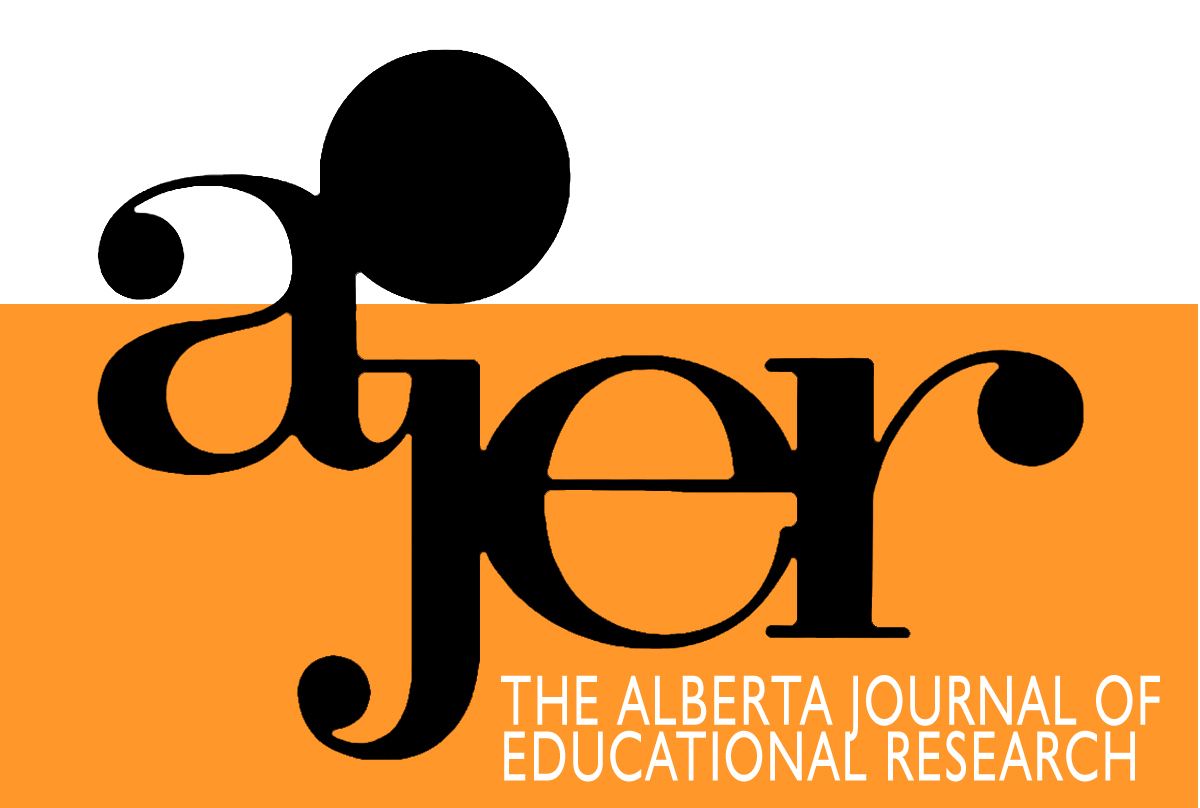Online Learning Experiences of Canadian Black Nova Scotians during Covid-19: Adopting an Intersectionality Framework
DOI:
https://doi.org/10.55016/ojs/ajer.v69i1.74846Abstract
Though school closures due to the COVID-19 pandemic affected all students globally, the effect was significantly more for students from marginalized and vulnerable communities. In Nova Scotia, Canada, the concern was the racial achievement gap that the education system is addressing through an inclusive education policy. The worry, especially for Black Nova Scotian students, was the online learning demands and the associated challenges. Through an analysis of a household survey and intersectionality framework, we explored these challenges. We argue that students have multiple and simultaneously acting identities that lead to differential learning experiences and outcomes, and an intersectionality approach should be considered to inform education improvement decisions.
Keywords: online learning, Black Canadians, intersectionality, household survey, structural equation modelling
Bien que les fermetures d'écoles dues à la pandémie de COVID-19 aient touché tous les élèves du monde, l'effet a été nettement plus marqué pour les élèves issus de communautés marginalisées et vulnérables. En Nouvelle-Écosse, au Canada, l'inquiétude portait sur l'écart de réussite raciale que le système d’éducation s'efforce de combler par une politique d'éducation inclusive. L'inquiétude, en particulier pour les élèves noirs de Nouvelle-Écosse, portait sur les exigences de l'apprentissage en ligne et les défis qui y sont associés. Par l'analyse d'une enquête auprès des ménages et d'un cadre d'intersectionnalité, nous avons exploré ces défis. Nous soutenons que les élèves ont des identités multiples qui agissent simultanément et mènent à des expériences et des résultats d'apprentissage différents, et qu'une approche d'intersectionnalité devrait être considérée pour informer les décisions portant sur l’amélioration de l'éducation.
Mots clés : apprentissage en ligne, Canadiens noirs, intersectionnalité, enquête auprès des ménages, modélisation par équations structurelles.
Downloads
Published
Issue
Section
License
UNIVERSITY OF ALBERTA COPYRIGHT LICENSE AND PUBLICATION AGREEMENT
If accepted, authors will be asked to sign a copyright agreement with the following points:
A. Where there is any inconsistency between this Copyright License and Publication Agreement and any other document or agreement in relation to the same subject matter, the terms of this Agreement shall govern.
B. This document sets out the rights you are granting in relation to publication of your article, book review, or research note entitled (the “Article”) through inclusion in the academic journal titled Alberta Journal of Educational Research (the “Journal”) published through the Faculty of Education, representing the Governors of the University of Alberta (the “Journal Editor”).
C. There will be no payment to you for this publication and grant of rights. In consideration of the agreement to publish the Article in the Journal:
1. You are warranting that:
- the content of the Article is your original work, and its content does not contain any material infringing the copyright of others; or, where the Article is not entirely your original work, you have obtained all necessary permissions in writing to grant the rights you are giving in this agreement;
- the content of the Article does not contain any material that is defamatory of, or violates the privacy rights of, or discloses the confidential information of, any other person;
- the Article has not been published elsewhere in whole or in part, and you will not allow publication of the Article elsewhere without the consent of the Journal Editor;
- the names of all co-authors and contributors to the Article are:
2. You agree to license the copyright in the Article to the Journal Editor, on a worldwide, perpetual, royalty free basis; and to the extent required by the terms of this agreement. You shall retain the right at all times to be acknowledged as the/an author of the Article.
3. You further agree that the Journal Editor has the entitlement to deal with the Article as the Journal Editor sees fit, and including in the following manner;
- The right to print, publish, market, communicate and distribute the Article and the Journal, in this and any subsequent editions, in all media (including electronic media), in all languages, and in all territories, ing the full term of copyright, and including any form of the Article separated from the Journal, such as in a database, abstract, offprint, translation or otherwise, and to authorize third parties to do so;
- The right to register copyright of the Journal;
- The right to edit the Article, to conform to editorial policy as the Journal Editor sees fit.
4. If any co-author or contributor to the Article does not sign this agreement, the Journal Editor reserves the right to refuse to publish the Article.



